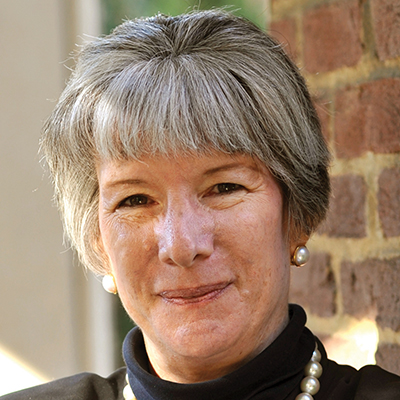This week, the priests of my diocese are all in Ballarat, at a clergy inservice. Our speaker is someone I’ve heard before, and she is outstanding.
Professor Amy-Jill Levine is a New Testament scholar in the bible belt of America’s deep South, who is also an Orthodox Jew. Her talks during our inservice can be summed up in the title of her final talk: “Misunderstanding Judaism means misunderstanding Jesus.”
Every talk is packed with insight and wisdom, and I’m taking lengthy notes. I’m co-opting the blog to summarise and popularise each talk so I have some small hope of retaining some of what I’m learning. So if scripture scholarship isn’t your thing, maybe come back in a week.
On to talk 1.
How to read the Scriptures like a Jew
Catholics are at an advantage here, in contrast to some Protestant traditions who are literalist and fundamentalist. For starters, Catholics are comfortable with multiple readings of a single scriptural text. The Church Fathers enumerated four senses of scripture, which may contrast but do not contradict:
- The literal sense of a text;
- The spiritual sense of a text;
- The moral sense of a text;
- The anagogical sense of a text.
Jews read scripture in a similarly multi-layered way.
Secondly, Catholics recognise the role of the Holy Spirit in learning and discernment. Reading sacred texts isn’t a purely intellectual exercise; it’s also spiritual. The disciple who is open to grace will receive supernatural light. You won’t find Jews arguing against that!
But there’s also an important difference between the Jewish reading of Scripture and Catholic exegesis. Defining religion as a matter of belief, something which can be measured by orthodoxy, is “a Christian invention!” It’s part of Christianity’s revolutionary spirit that the gospel is universal (or: catholic), and anyone can become Christian. This is both liberating, and restrictive. If it’s Christian belief defines a person’s Christian identity, a person who then repudiates Christian belief — a heretic — ceases to be Christian. (This is mitigated by sacramental baptism, which is irreversible and permanent, but it still holds true at an experiential level.)
In contrast, a Jew is Jewish by birthright. Orthodoxy (“right thinking”) doesn’t define Judaism as it does Christianity. A Jew can reject every doctrine which defines the Jewish religion, and they’re no less Jewish. They might be a heretic, but they’re a heretical Jew. This gives a lot more license for dissent. Hence, Professor Levine argues, argumentation is much more central, and much more comfortable, in the Jewish Tradition. This is how correct interpretation of the Law is arrived at. This is how Jews carve out lived faith. This is an integral part of the covenant. God expects us to think through, interpret, and apply His word.
Levine goes so far as to claim that argumentation is a form of worship in Judaism. She refers to “argument for the sake of the Kingdom of Heaven.” Thoughtful, scholarly, demanding debate is obviously not foreign to Catholic exegesis, but in the Jewish context it is crucial. This then extends to every other facet of Jewish life.
Levine tells a Jewish joke, which probably only Jews can tell, not gentiles, so I’ll make sure to frame it as a direct quote:
Q: What do you get, if you put two Jews in a room together?
A: Three opinions!
I don’t think similar claims can be said about popular culture. For all the talk of “tolerance,” we’re not very tolerant of, and distinctly uncomfortable, with vigorous debate. Friends unfriend friends on Facebook, to be spared disagreeable opinions populating their newsfeed. Leftist activists routinely harass political opponents, and seek to silence conservative opinion. At some university campuses (not all), students have carved out “safe spaces” which prohibit political debate.
* * *
That’s it from talk 1. Except for some homework. (Bear in mind, I’m talking to myself here. Blog readers are just eavesdropping!)
Cardinal Ratzinger wrote an instructive preface to the Pontifical Biblical Commission’s report on The Jewish People and their Sacred Scriptures in the Christian Bible. It’s a fascinating survey of the history of Christian exegesis, which introduces a much longer document that endorses the main message of this week’s inservice: misunderstanding Judaism means misunderstanding Jesus.






Recent Comments